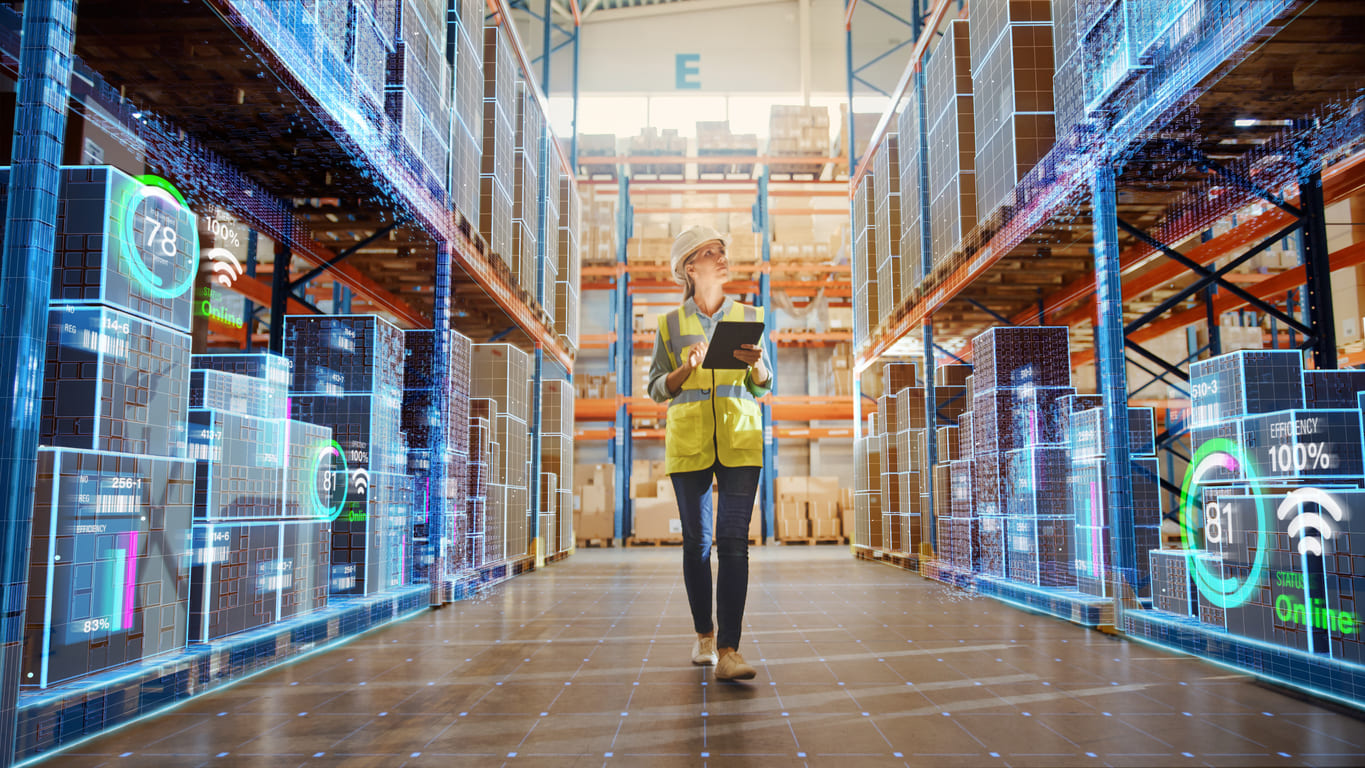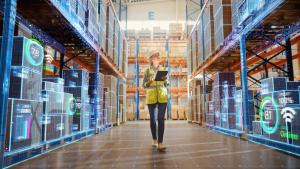The intelligence behind retail: technology that drives and empowers human talent - Asset Display Page

Digital Transformation
The intelligence behind retail: technology that drives and empowers human talent

Digital Transformation
The intelligence behind retail: technology that drives and empowers human talent
September 14, 2025
A few years ago, walking through a Distribution Center (CEDIS) meant witnessing the human heartbeat of retail: employees manually checked inventories, adjusted orders and resolved issues based on their knowledge and accumulated experience. It was an intense and dynamic ecosystem, one full of challenges — greater risk of errors, slow processes and high operational costs.
Today, that world has changed. Convenience stores are no longer just simple points of sale — they’ve become intelligent hubs capable of anticipating needs and adapting to the fast pace of consumers. However, this transformation doesn’t take place on the shelves visible to customers, but rather in the logistics backend that ensures we find what we’re looking for at the right moment
Just over a year ago, a prominent convenience store chain in Mexico took a decisive step: modernizing one of its strategic CEDIS to move beyond manual processes and transition toward a more agile and scalable operation. The solution was SMART AMS, a platform powered by artificial intelligence (AI) capable of understanding natural language to automate real-time decision-making.
This approach marked the beginning of a project that went far beyond simply integrating technology — it ventured into previously unexplored territory by rethinking how logistics can add value and unlock human potential. But the real value here isn’t the technology itself, but rather its purpose. The project leveraged advanced technology to give people more time and space to contribute what no machine can replace: judgment, creativity and experience.
In just six weeks, SMART AMS was live, resolving logistics incidents at unprecedented speed. Today, 50% of specialized requests — like rerouting shipments stuck at customs or reallocating stock from slow-moving warehouses to high-demand locations — are handled without human intervention. Response times dropped by 95%, turning hours into minutes. This efficiency gain ensures that fast-moving products, such as new smartphone launches or seasonal items, remain on shelves, while preventing overstock of low-demand goods. The result: customers consistently find what they need, when and where they need it.
Moreover, the implementation led to a 30% reduction in operating costs, benefiting both the company and its workforce, who now spend less time on repetitive tasks and more on high-value activities.
Throughout my career in the tech industry, I’ve learned that true innovations are not the ones that seek to shine on their own, but those that integrate almost invisibly into our daily lives, transforming them without us even noticing. AI is not here to replace people — it’s here to empower them. It acts as a silent, ever-present layer that interprets data, distinguishes what’s urgent from what’s important and continuously learns to free teams from repetitive tasks. In doing so, it creates space for what truly matters: designing unique, more human and personalized customer experiences, or driving the development of solutions and products that anticipate and solve the challenges of the future.
In today’s sophisticated retail landscape, where competitive advantage no longer rests solely on the product but on flawlessly delivering the brand promise, investing in intelligent logistics is no longer optional — it’s imperative. AI unlocks the full potential of human talent, freeing teams to drive strategic decisions, spark innovation and craft extraordinary customer experiences that set the brand apart.
Today, this convenience store chain operates with greater agility, fewer frictions and a broader vision. Because in modern retail, being more technological means, paradoxically, being more human. And that’s where the true future of our industry lies: in the union of machine intelligence with the unique talent of people.
This article was originally published in CIO | EDIWORLD
Featured
-
Strategic Alliance Between EPAM NEORIS and PROLOGA Strengthens the Utilities Sector in Brazil
September 14, 2025
-
The intelligence behind retail: technology that drives and empowers human talent
September 14, 2025
-
Optimize, innovate, lead: the new rhythm of success with SAP S/4HANA
May 16, 2025
-
Innovation with a gender perspective: how diversity drives a more inclusive technological future
April 23, 2025
Most viewed










